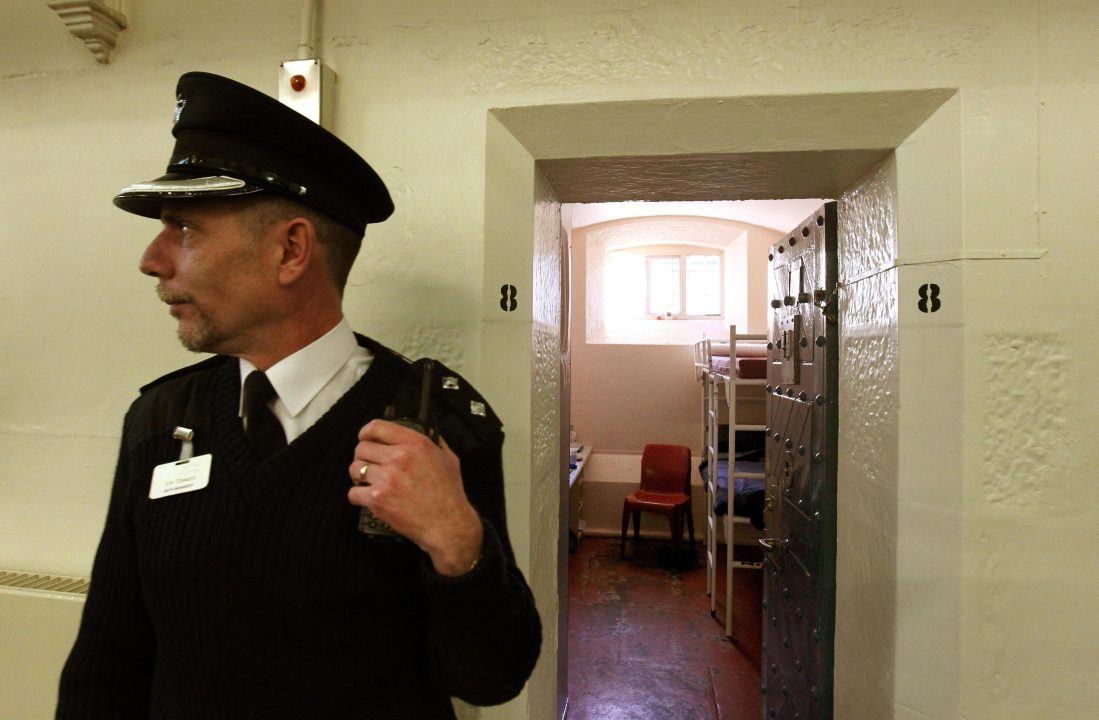Scotland is “at risk of human rights breaches” because of offenders serving “indefinite” sentences, ministers have been warned.
The Scottish Human Rights Commission (SHRC) fears that use of Orders for Lifelong Restriction (OLR) could go against the terms of the European Convention on Human Rights (ECHR).
In addition it says the “prolonged uncertainty” over release dates can cause “severe psychological distress” for offenders, adding that this could potentially be considered “inhuman or degrading treatment”.
The warnings came in a new paper from the SHRC which it has sent to the Scottish Government and Holyrood’s Criminal Justice Committee.
Orders for Lifelong Restriction can be imposed only in cases where someone is convicted of a serious violent offence, other than murder.
High Court judges hand down such a punishment when it is likely the accused will in the future seriously endanger the lives of the public if they are not in custody.
Judges are required to set a “punishment part” of the order, which is the minimum time the offender must spend in prison before being considered for release by the Parole Board.
And once freed they remain under supervision, and can be sent back to jail if they commit any further crime.
However, the SHRC paper states that 92% of prisoners who have completed the punishment part of the order are still in jail.
With no fixed release date, it argues that prisoners on such orders could have their ECHR rights to liberty and respect for their private and family life breached.
While the SHRC is not calling for the Orders for Lifelong Restriction to be scrapped, it says there should be “urgent consideration” by the government and Holyrood about whether their use meets Scotland’s human rights obligations.
SHRC chairwoman Professor Angela O’Hagan said: “Orders for Lifelong Restrictions must comply with Scotland’s human rights obligations.
“Right now, too many people serving Orders for Lifelong Restrictions face indefinite detention without a clear path to release – and that puts Scotland at risk of human rights breaches.”
Prof O’Hagan added: “We have shared this paper with the Scottish Government and the Criminal Justice Committee of the Scottish Parliament to inform future debate. We recommend taking account of the views of people with lived experience, including victims.”
A Scottish Government spokesperson said: “Orders for Lifelong Restriction (OLRs) are a valuable sentencing option reserved for the most dangerous offenders.
“The order is an exceptional sentence which is only used by the most senior judges in the High Court following a risk assessment process carried out by accredited experts.
“Decisions on the release of these prisoners are taken by the Parole Board for Scotland who will only direct release when they are satisfied that imprisonment is no longer necessary for the protection of the public.”
Follow STV News on WhatsApp
Scan the QR code on your mobile device for all the latest news from around the country


 PA Media
PA Media

























